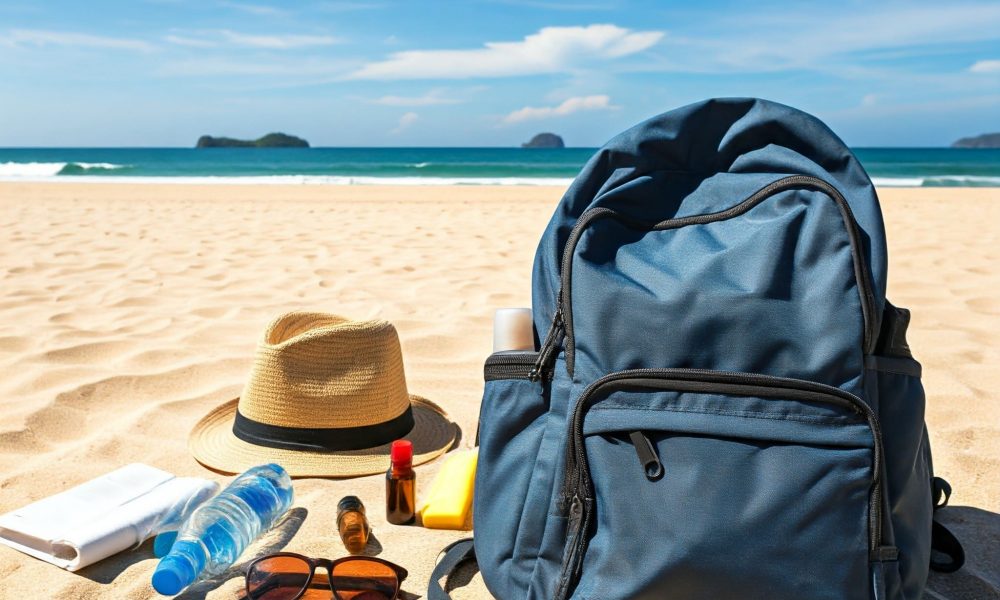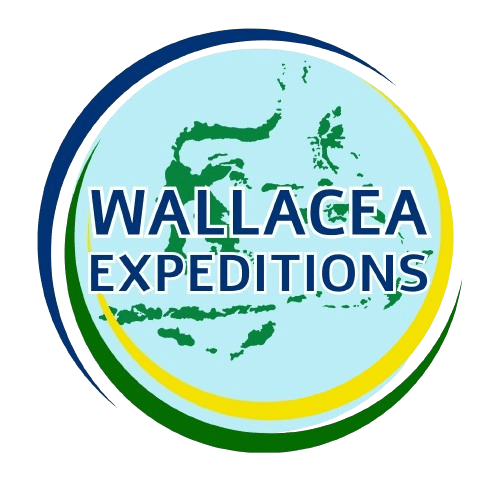Wallacea Expeditions
News and Articles
Staying Healthy in Tropical Climates: Managing Dehydration and Tropical Diseases
- Abie Ariyo Dandoro
- 10 October 2024

Participating in marine conservation volunteering programs, such as the Wallacea Expeditions, offers an incredible opportunity to immerse yourself in Indonesia’s tropical environment. However, tropical climates bring specific challenges that volunteers should prepare for, particularly when it comes to health risks like dehydration and exposure to tropical diseases.
Challenges of Tropical Living: Heat, Humidity, and Disease Prevention
Tropical climates are known for their hot and humid conditions, which can lead to increased sweating and a heightened risk of dehydration. For those unaccustomed to such environments—especially visitors from cooler regions such as Europe or North America—the adjustment can be taxing. This makes staying hydrated a priority during your fieldwork. Whether you’re monitoring seagrass ecosystems or participating in coral reef restoration, ensuring your body has enough fluids is essential for maintaining energy and focus.
Aside from dehydration, tropical climates can also increase exposure to various tropical diseases. While malaria is no longer common in Indonesia, volunteers working in mangrove forests or dense jungle areas should still be prepared by carrying anti-malarial medication. Dengue fever is another mosquito-borne illness that, while not preventable with vaccines, can be minimized by wearing appropriate clothing and using insect repellent.
Don’t forget to pack anti-diarrhea medication, especially if you’re trying new foods or drinks during your stay. Diarrhea can occur when your body is exposed to unfamiliar bacteria, even if the food is prepared hygienically. Ensuring you’re ready for these minor health inconveniences will make your trip more comfortable and productive.
Dehydration: A Serious Risk in Tropical Conditions
One of the most important health risks to manage during your marine conservation volunteering in Indonesia is dehydration. The heat and humidity of tropical regions like North Sulawesi cause significant water loss through sweat, often without the individual realizing how much fluid they’ve lost. Volunteers engaged in physically demanding tasks, such as conducting coral reef surveys or mangrove replanting, must take extra precautions to stay hydrated.
To avoid dehydration, make sure to drink water regularly throughout the day—even before you feel thirsty. Pack a reusable water bottle and fill it with mineral water or rehydration drinks, both of which are widely available in local shops. If you’re unsure about water availability, you can always ask the local community for clean drinking water, as they are accustomed to providing assistance to travelers.
For anyone concerned about clean water access in remote areas of Indonesia, rest assured that most convenience stores and local markets offer a variety of bottled water and electrolyte drinks to keep you hydrated. However, it’s always a good idea to carry oral rehydration salts (ORS) as part of your first aid kit for emergencies.
Preparing for Tropical Diseases
While marine conservation expeditions in Southeast Asia are rewarding, they do come with potential health risks, especially related to tropical diseases. Ensuring you’re properly vaccinated and bringing the necessary medications can go a long way in preventing illness.
Although malaria in Indonesia has declined significantly, particularly in the areas where Wallacea Expeditions operates, volunteers traveling to mangrove forests or jungle areas should consider taking anti-malarial medication as a precaution. Additionally, mosquitoes carrying dengue fever are more common in urban and coastal areas, so applying mosquito repellent regularly and wearing long sleeves can reduce the risk of bites.
For those engaging in long-term expeditions, it’s also crucial to avoid foodborne illnesses, which are often caused by exposure to unfamiliar bacteria. Carrying a basic first aid kit that includes anti-diarrhea medication will ensure you’re prepared for any digestive issues that may arise.
Practical Tips for Volunteers: Ensuring a Safe and Healthy Experience
To ensure a smooth and healthy experience during your scientific expedition in North Sulawesi, here are some tips to consider:
- Hydrate regularly: Carry a refillable water bottle and drink plenty of water throughout the day, especially when engaging in activities such as seagrass spotchecks or coral reef monitoring.
- Use sunscreen and insect repellent: Protect your skin from the sun’s harsh rays and reduce the risk of mosquito bites, particularly in jungle or mangrove environments.
- Bring a first aid kit: Include anti-diarrhea medication, rehydration salts, and anti-malarial pills if you plan to venture into more remote areas.
- Be cautious with food and water: Stick to bottled water when you’re unsure of the water source, and try to eat at well-reviewed places to avoid foodborne illnesses.
By taking these steps, you’ll be better prepared to enjoy your time in Indonesia’s tropical environment while contributing meaningfully to marine conservation efforts. The success of volunteer marine conservation programs like Wallacea Expeditions depends not only on your passion for the environment but also on your ability to stay healthy and active throughout your journey.
About Us

Wallacea Expeditions is a volunteer-based field activities designed to generate profits that can support sustainable conservation efforts. This educational tourism program is led by PT JBS in partnership with the YAPEKA Foundation and local partners, particularly in YAPEKA-supported villages.
Ready to Join Us?
Join Wallacea Expeditions and become part of an exciting journey where your participation makes a meaningful impact on marine conservation and empowers local communities.
